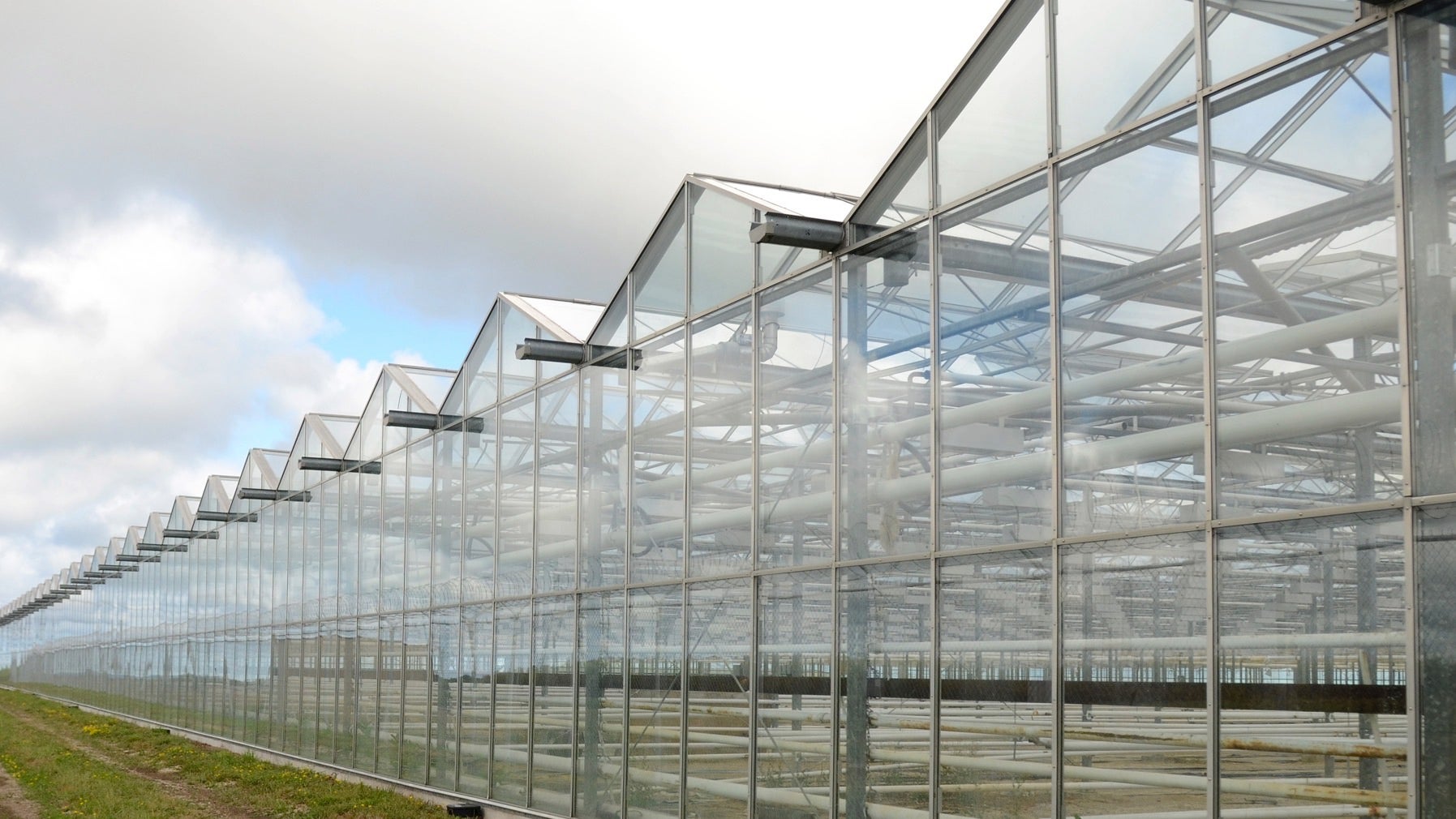Goodbye metals, hello marijuana: Mining firms are switching as the lure of commodities fades
Economic turmoil in China, the world’s second-largest economy and top consumer of industrial metals, has hit commodity prices hard. For the smaller players in the mining industry, that’s made business difficult, and the future uncertain. The solution for some? Enter a booming field that’s relatively unaffected by China and has plenty of upside: marijuana. A recent Reuters report lists a number of companies that have made the switch:


Economic turmoil in China, the world’s second-largest economy and top consumer of industrial metals, has hit commodity prices hard. For the smaller players in the mining industry, that’s made business difficult, and the future uncertain. The solution for some? Enter a booming field that’s relatively unaffected by China and has plenty of upside: marijuana. A recent Reuters report lists a number of companies that have made the switch:
- Supreme Pharmaceuticals, which was a copper and gold explorer with projects in western Canada, is now seeking a license to grow medical marijuana in Canada and has bought a greenhouse facility in Ontario;
- Australia’s Erin Resources, which was previously exploring for gold in Senegal, has ventured into the medical marijuana business;
- International Goldfields, listed in Australia, has also moved away from mining and is now investing in medical marijuana assets overseas;
- Chlormet Technologies, formerly Newton Gold, now has a pending license to grow medical marijuana.
The reasons for these companies making the switch seem pretty clear. While demand for commodities has shrunk with China’s economic slowdown, the marijuana industry is growing and being helped by increasingly favorable regulatory trends in a number of places.
In 2012, the US state of Washington removed criminal penalties for possession of small quantities of marijuana and Colorado legalized the possession, use, production, distribution, and personal cultivation of the drug. More places have followed, including Oregon, Alaska, and Washington, DC, and further US decriminalization of the drug seems likely.
This summer, Canada’s supreme court struck down a law that restricted medical-marijuana users from purchasing or consuming the substance in any form except dried leaves—allowing for cookies, teas, and oils, for instance.
Last year, the legal cannabis market in the US had a value of $2.7 billion, a 74% increase from 2013, making it the fastest-growing industry in the country, according to a report by ArcView Market Research (pdf, registration required). If all 50 states were to legalize sales of recreational marijuana, the firm estimates, the market would be larger than the organic food industry, with a value of $36.8 billion.
Copper, meanwhile, has shed 22% so far in 2015.